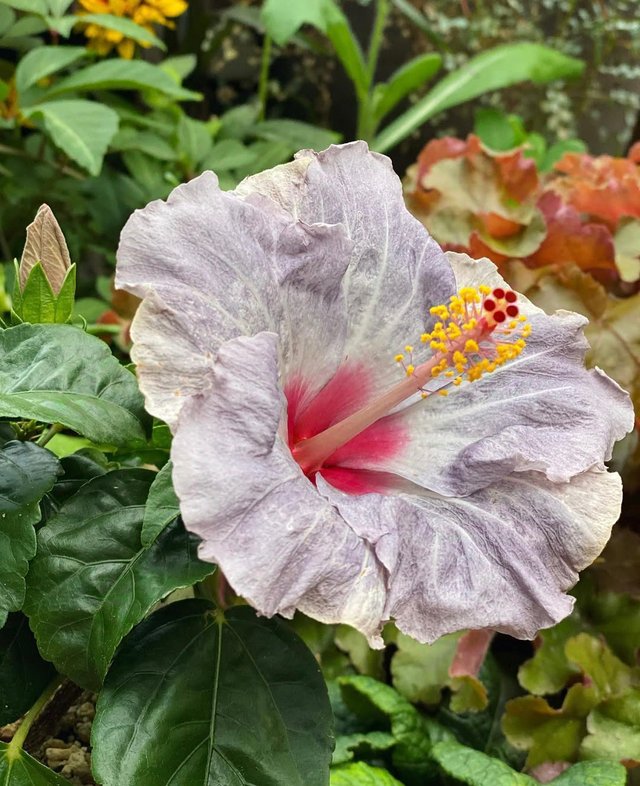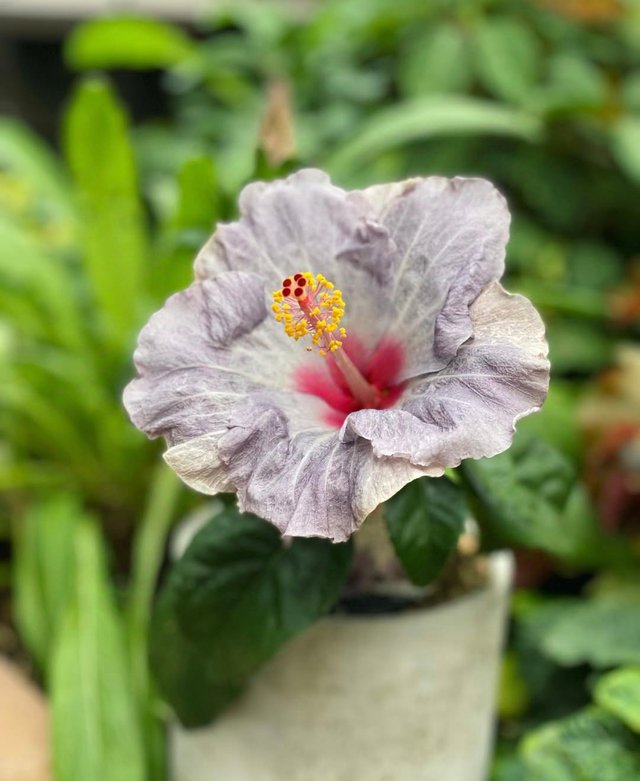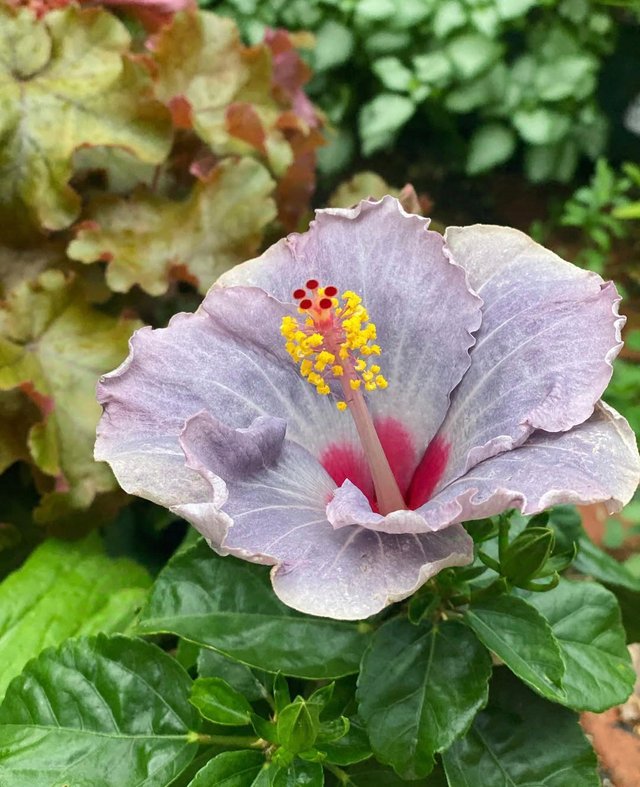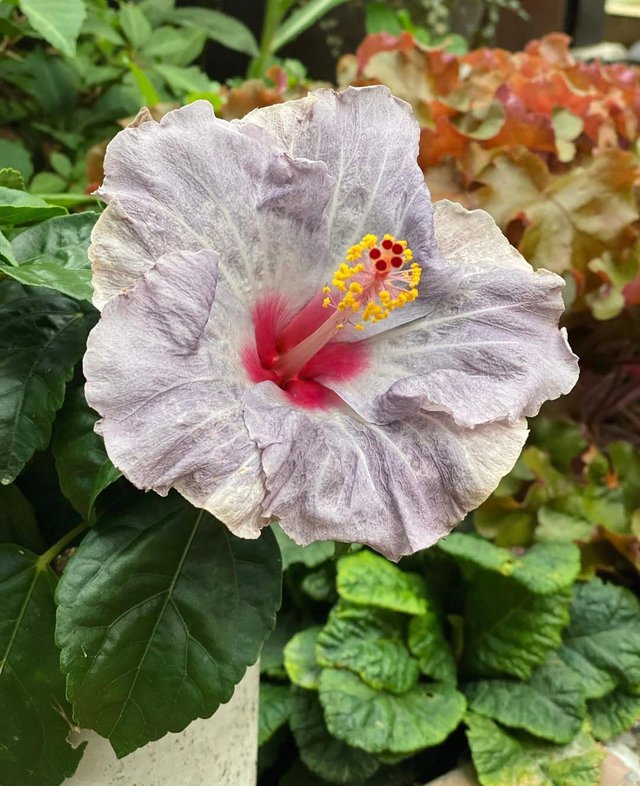The Beauty and Benefits of Hibiscus Flowers




Hibiscus flowers, known for their stunning beauty and vibrant colors, are a true gift of nature. Found in a wide range of hues like red, pink, yellow, and white, these blooms captivate the eye and bring life to any garden or landscape. But beyond their ornamental appeal, hibiscus flowers hold cultural, medicinal, and culinary significance.In many cultures, the hibiscus symbolizes delicate beauty, love, and grace. In Hawaii, the hibiscus is often associated with hospitality and is worn as a symbol of a warm welcome. In Hindu rituals, the red hibiscus is offered to deities, especially the goddess Kali, as a symbol of divine energy.
Hibiscus flowers are rich in antioxidants, which make them an essential ingredient in herbal medicine. Hibiscus tea, made from dried petals, is widely known for its tart flavor and numerous health benefits:Lowers Blood Pressure: Regular consumption can help regulate blood pressure levels.Boosts Immunity: Packed with vitamin C, hibiscus tea strengthens the immune system.Promotes Digestion: Its natural diuretic properties aid in digestion and detoxification.
In addition to tea, hibiscus is used in a variety of dishes around the world. From jams and syrups to savory sauces and desserts, it adds a tangy, floral twist to recipes.Hibiscus plants thrive in warm climates and require plenty of sunlight and water. They're relatively low-maintenance, making them an excellent choice for gardeners of all skill levels.The hibiscus flower is not just a feast for the eyes but also a powerhouse of health and versatility. Whether you admire its beauty in your garden, sip on its revitalizing tea, or explore its symbolic meanings, the hibiscus remains a timeless favorite for nature enthusiasts.
